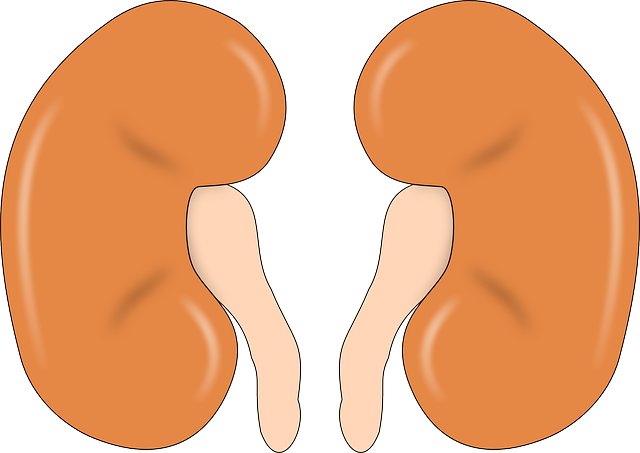
Kidney failure is an end-stage kidney disease.
It happens when the kidneys can no longer remove waste from your blood and control the level of fluid in your body.
Patients of the disease need dialysis or a kidney transplant to stay alive.
A new study has shown that kidney failure affects men much more than women.
In an analysis of medical data, researchers found two-thirds of all dialysis patients in Europe are male.
High blood pressure and diabetes are the main drivers of the gender gap.
Previously, scientists have found that when kidneys silently stop working, it can create a life-threatening situation.
Although dialysis or kidney transplant could save the lives of many patients. These patients often have shorter life expectancies.
In the present study, the researchers examined data in the ERA-EDTA Registry.
They found that men are affected by kidney failure much more often than women.
For example, in 2016, 26,446 men and 14,820 women began therapy for kidney failure.
Amongst older patients, the difference was even larger: the incidence in men was 2.7 times higher than that in women.
The team suggests that the estrogens in women may help protect against kidney failure, while the testosterone in men may make kidney function decrease faster in men than in women.
In addition, the team found high blood pressure or diabetes could play a role. There are strong gender differences in high blood pressure and diabetes. Both conditions are more common in men.
The results suggest that prevent and treat high blood pressure and diabetes may help reduce the number of patients requiring dialysis.
Both conditions can be improved by healthy lifestyle habits. For example, more sports and less body weight will help.
Finally, the researchers suggest future work should focus on early detection and control of these risk factors of chronic kidney diseases.
The study lead author is Professor Ziad Massy (Paris), Clinical Nephrology Governance Chair/Chair of the Registry.
The research is published in Clinical Kidney Journal.
Copyright © 2019 Knowridge Science Report. All rights reserved.
Further reading: Clinical Kidney Journal.



